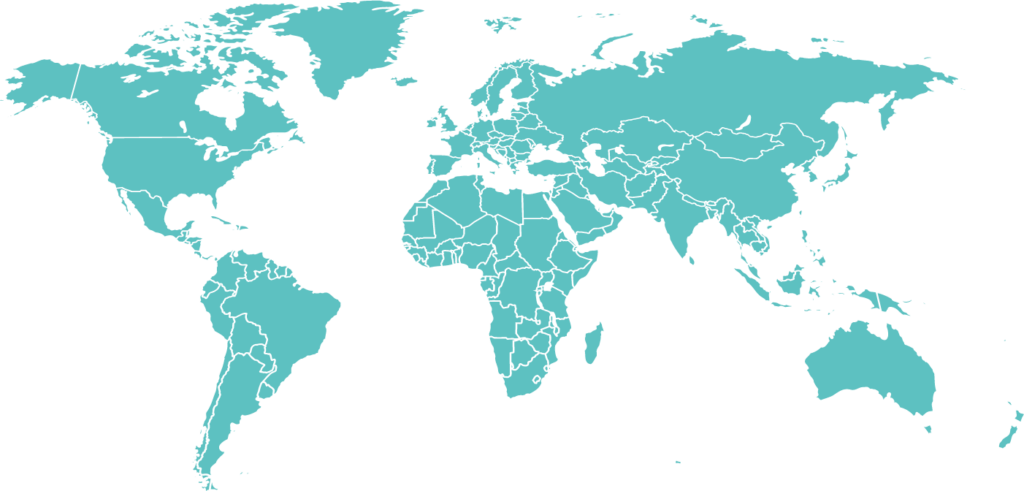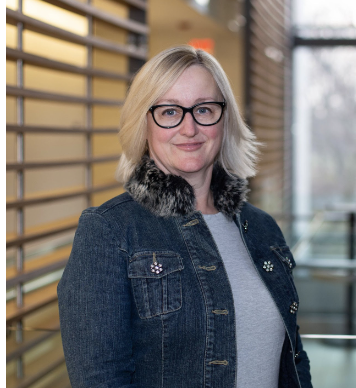Pharmapod Medication Safety Research Team

The Pharmapod Medication Safety Research Team conducts research to encourage the development of error reporting in community pharmacies and care homes, and to ensure these systems are enhancing the overall healthcare system. Pharmapod, together with researchers from Safe Assured, are helping healthcare workers make their organization’s business practices safer, more reliable and more resilient.
As mandatory error reporting and other safety enhancement programs spread, we aim to lead new research and outreach programs nationally and internationally.
Our collaborative research works to improve healthcare business practices by providing innovative research and evidence-based safety recommendations for pharmacists, registered pharmacy technicians, pharmacy providers, nurses, care home providers, physicians, patient safety advocates, regulators, and public policy officials. We do this by:
- Assessing the user experiences with medication error reporting systems
- Assessing the uptake of new medication safety practices in community pharmacies, care homes and clinics
- Developing and implementing new and innovative data analytics, mining, and machine learning methods
- Mapping and modeling medication risk in community pharmacies, care homes and clinics
- Identifying and employing best medication practice governance models for stakeholders
- Developing best practice continuous quality improvement (CQI) medication practices for pharmacy providers, care home providers and regulators
- Translating knowledge to enable more practical safety tools
- Developing governance mechanisms for health policy makers
- Building safer, more reliable and more resilient medication safety business practices
Hosted by Dalhousie University’s Rowe School of Business, Safe Assured’s researchers have a unique blend of deep, world-leading expertise in:
- Business practices in healthcare systems
- Database analytics
- Patient and organizational safety
- Public policy
- Organizational governance
- Improving medication-use systems
- Healthcare regulation and retail and relationship management

Dr. Benoit Aubert
Dr. Benoit A. Aubert is Professor of Information Technologies at HEC Montréal (Canada). His past roles include Director of the Rowe School of Business at Dalhousie University and Head of the School of Information Management and Professor at Victoria University of Wellington (New Zealand). Dr. Aubert is a Fellow of the CIRANO (Center for Interuniversity Research and Analysis on Organizations). His main research areas are outsourcing, offshoring, innovation, risk management, and business transformation.
He is currently Senior Editor of Journal of Strategic Information Systems. He was track-co-chair for PACIS 2022 (Economics and IS) and was program co-chair for AMCIS in 2021. He has been track co-chair twice in recent years for the International Conference on Information systems, and AE seven times (ICIS). He co-chaired the Outsourcing Minitrack of the Hawaii International Conference on Systems Sciences for ten years and was a Senior Editor of Database for nine years.

Dr. Bo Yu
Dr. Bo Yu is an associate professor of Information Systems at Faculty of Management, Dalhousie University. His research interests include decision making and support, e-negotiation, e-markets, and technological agency. His research has been published in journals such as Information & Management, Electronic Markets, and Information Systems Frontiers.

Dr. Paola Gonzalez
Dr. Paola A. Gonzalez is Associate Professor at the Faculty of Management at Dalhousie University, where she teaches and researches in areas of management information systems, digital innovation and project management. She received her Ph.D. in Management from Queen’s University in Canada. Her research interests include IT leadership, digital strategy, and IT healthcare innovations. She has presented and published her research at a number of journals and conferences including, the Journal of Strategic Information Systems, Journal for Healthcare Quality, and Canadian Medical Association Journal.

Dr. Kim Sears
Dr. Kim Sears is a Professor within the School of Nursing and Health Quality Programs at Queen’s University. From over twenty years of primary healthcare experience as a Registered Nurse, Dr. Sears gained firsthand experience in her field, quality and safety in healthcare, which spurred her advocacy for advancing quality care, reducing risk and improving patient safety. The majority of her work focuses on furthering the quality and safety of medication delivery, including both the community and hospital setting. Dr. Sears’ doctoral work focused on the issues in the work environment that led to medication errors in children’s hospitals. She then completed a postdoctoral fellowship in which she explored safe medication delivery in community pharmacies. Dr. Sears has experience working with large databases, quantitative methodology and integrative studies using systematic review methodology.

Dr. Denis O’Donnell
Dr. Denis O’Donnell developed a special interest in applied clinical research after receiving his Doctor of Pharmacy degree (Pharm.D.) from the University of Toronto in 1997. Following a career path in clinical pharmacy and community-based research, he has held positions at McMaster University, the Father Sean O’Sullivan Research Centre and the University of Toronto. Denis has been an active member of an independent research ethics board for over 20 years and has been involved in numerous publications. Presently, as the Director of Clinical Excellence at CareRx pharmacy, Dr. O’Donnell provides leadership in the development, implementation, monitoring and reporting of clinical and quality improvement activities.

Carla Beaton
Carla Beaton is Vice President, Quality Improvement & Innovations at Pharmapod, a Think Research company. Carla is a Fellow of American Society of Consultant Pharmacists and an award-winning and published expert in medication reconciliation quality improvement and medication management system safety. Carla’s many years of experience include leading both regulatory and industry working groups for pharmacy and care home quality improvement and most recently, leading Pharmapod’s data research and product development team in innovating the utilization of technology and data to enable healthcare organizations to proactively improve their quality and medication safety practices.

James R. Barker (deceased December 2023)
Safe Assured is led by James R. Barker, the Herbert S. Lamb Chair in Business Education in the Rowe School of Business, within the Faculty of Management at Dalhousie University, in Halifax, Nova Scotia, Canada. Professor Barker is a global expert on employee and management behaviour within highly complex and high-risk private, public, and non-profit organizations. His research focuses on how internal behaviour affects an organization’s ability to improve and sustain safety, and safety-related knowledge; to manage change; and to innovate.
Professor Barker’s research interests focus on the role of organizational factors in the development of safe and sustainable knowledge, innovation, and change initiatives and the consequences of these initiatives on organizational governance systems, markets, and practices. His experience includes developing a number of undergraduate, graduate, and executive courses.
His research interests include: Analysis of ethical and sustainable leadership systems, safety practices, and structures; Communication, safety, strategy and control in sustainable organizations; Consequences of organizational change involving innovation and technology; Strategy in global environments; Structure of knowledge-based and sustainable organizations; Applications of contemporary critical and rhetorical theory to organizations and qualitative research methods with supplemental applications of quantitative methods.
The Role of the Response Team is to
- Receive aggregated, anonymized patient safety event data (incidents and near misses) from community pharmacies.
- Review the data to identify and understand the clinical circumstances under which the event occurs and recognize underlying systems causes.
- Monitor the occurrence and associated harm level of medication safety event trends at a provincial and national level, across geographic territories.
- Provide support and recommendations to the College which will then be shared broadly.




